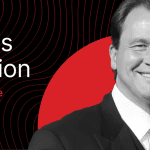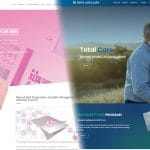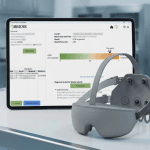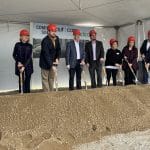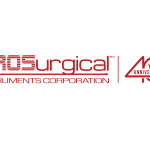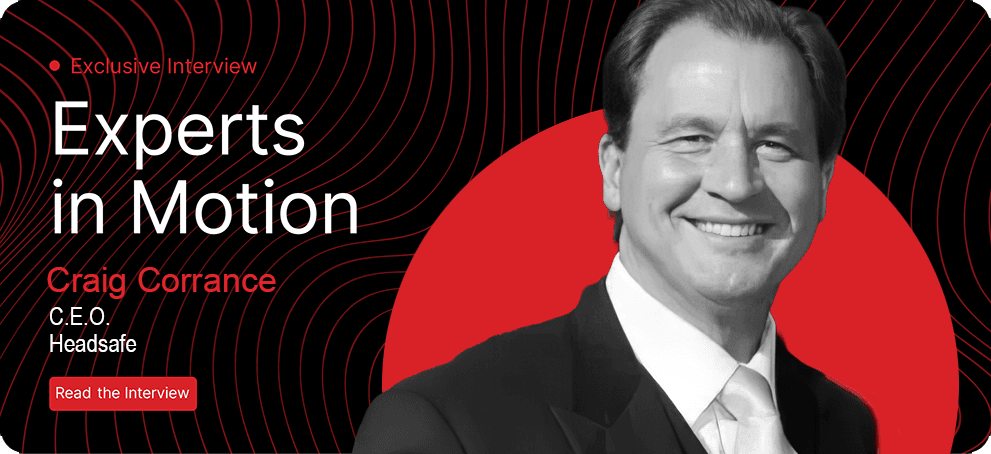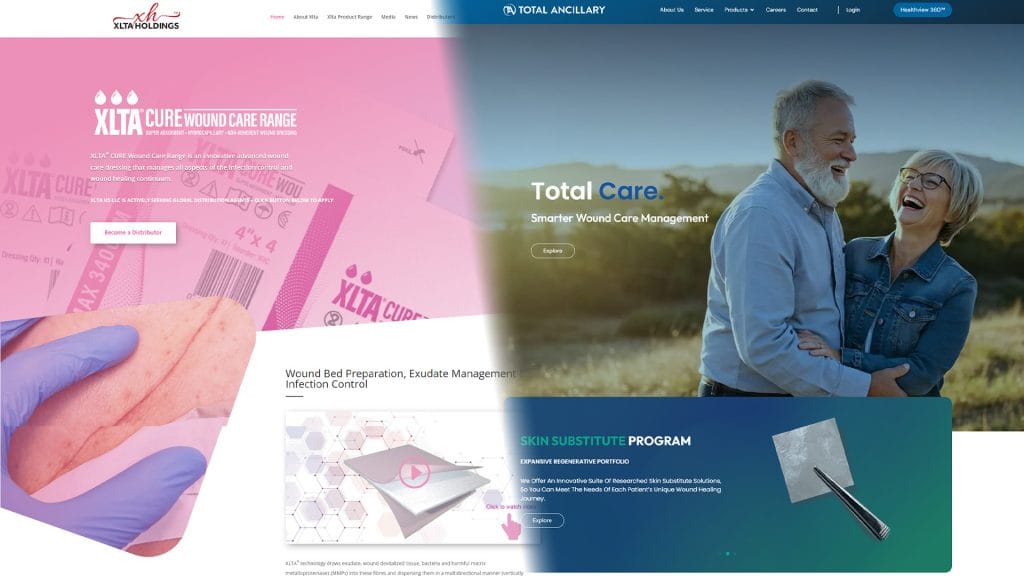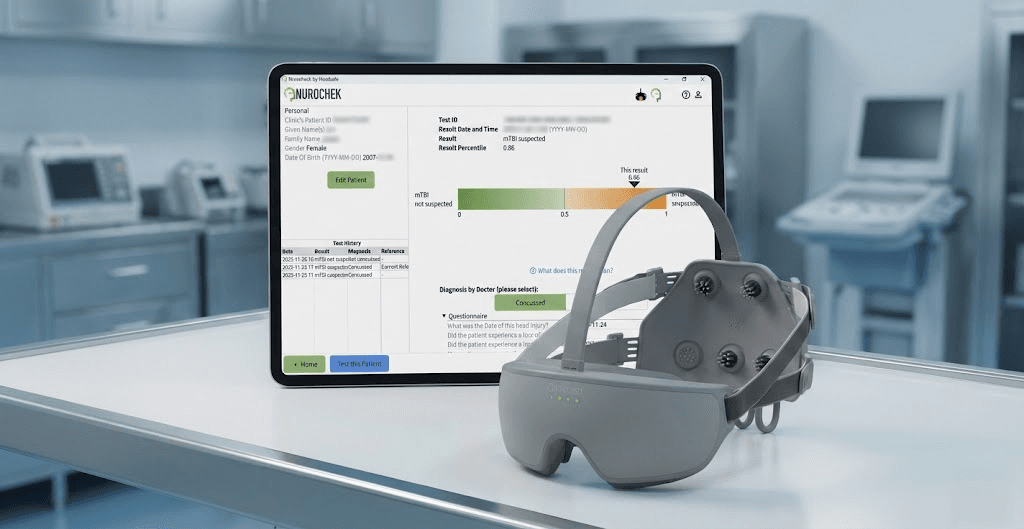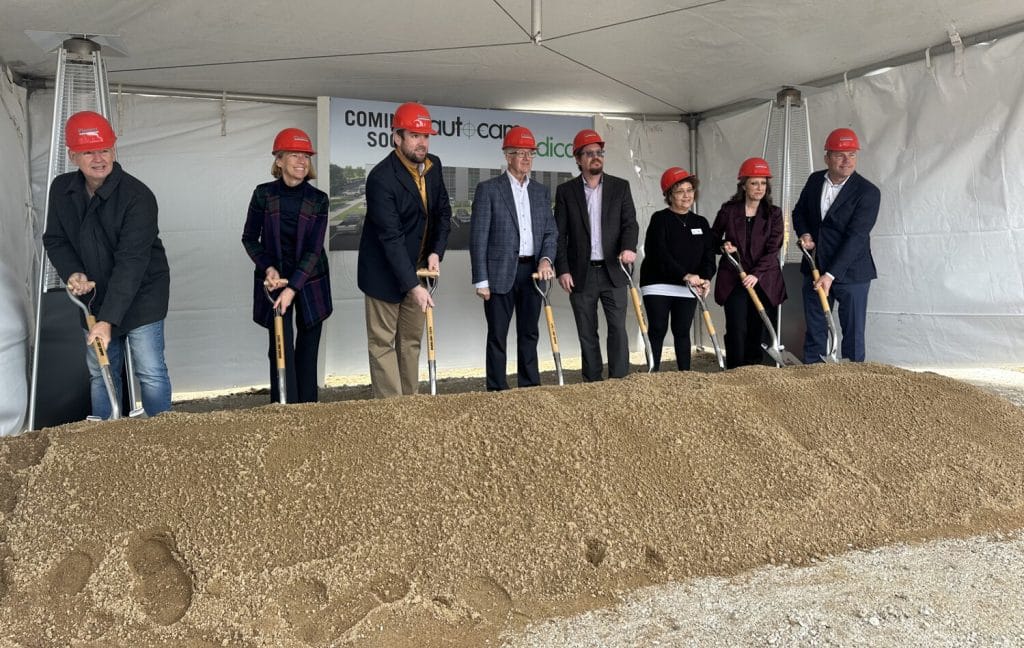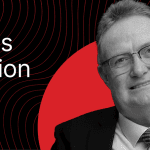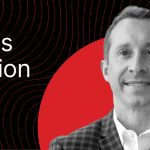Kurt Gielen, Managing Director of Medace: Why U.S. MedTech Leaders Can’t Ignore Europe’s MedTech Shake-Up
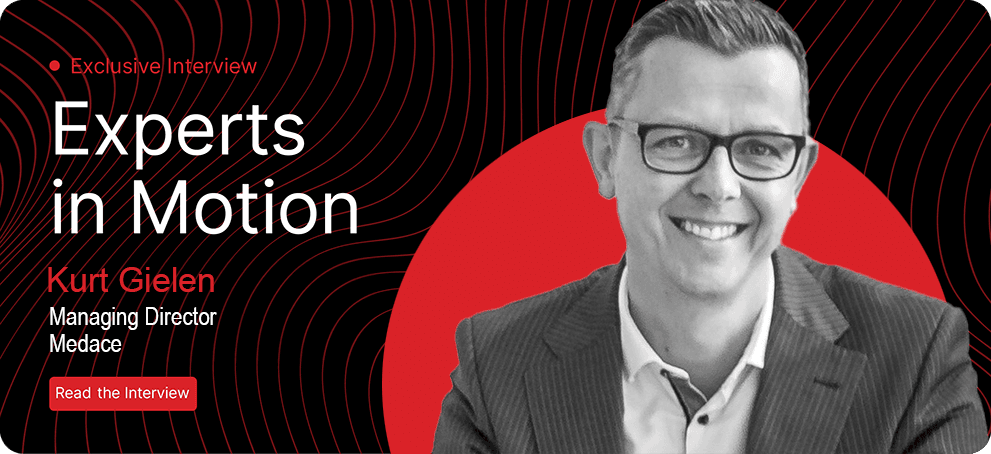

As Editor-in-Chief of The MedTech Digest and President of MedTech Momentum, I have the privilege of speaking with leaders who are shaping the future of healthcare. Few embody the spirit of resilience, vision, and collaboration as much as Kurt Gielen, Managing Director of Medace.
Why Europe’s shifting regulatory landscape, global trade tensions, and startup survival strategies matter more than ever.
Kurt’s journey, from his early days in biochemistry, through corporate leadership roles, to becoming a champion for startups navigating Europe’s complex regulatory and manufacturing environment—offers insights that every MedTech entrepreneur should hear.
Our conversation touches on the personal, the technical, and the geopolitical: what it takes to build a company in today’s climate, how Europe’s MDR has transformed the game, and why global uncertainty may, paradoxically, open new opportunities for MedTech innovators.
Guillaume: Kurt, let’s start at the beginning. What set you on this path in MedTech?
Kurt: I studied biochemistry in Belgium. Pretty quickly, I realized I wasn’t meant to be a lab scientist—I wasn’t great at pipetting or spending hours in sterile rooms. But I loved the biomedical applications. That’s what pulled me into industry.
My first role was with Invitrogen, later Life Technologies, and eventually part of Thermo Fisher. I spent ten years there, learning from world-class managers who came from GE. They grew the company through more than 30 acquisitions in a decade. It was a constant reorganization, but also a constant MBA in business, marketing, and strategy.
Guillaume: You built a strong corporate career. Why walk away?
Kurt: The company got too big. Right after I resigned, Thermo Fisher acquired it—so the timing was almost poetic. I moved back to Belgium with this vague idea that I wanted to help startups. I had seen firsthand how big corporates ran, but I felt my experience could really move the needle for smaller, innovative companies.
Guillaume: And that’s where Medace comes in?
Kurt: Exactly. I joined an initiative in the Netherlands where the government was converting a former DSM chemical site into an innovation campus. Startups, corporates, and research institutes were all part of the mix. One research institute was advancing academic projects all the way to first-in-human clinical trials—rare in Europe at the time.
That’s when my now-co-founder, Daniëlle, realized: you can’t succeed in late-stage development without GMP cleanrooms, quality systems, and regulatory expertise. Startups didn’t have the resources or desire to build it themselves. So, in 2018, we wrote a business plan, raised €7.4 million, and launched Medace.
We opened in January 2020. Two months later—COVID. Talk about trial by fire.
Guillaume: How did you survive launching right before a global shutdown?
Kurt: Honestly, by being opportunistic and flexible. The Medace model isn’t traditional contract manufacturing. We allow clients to run their own GMP processes inside our facilities, using our infrastructure and quality systems. That way, they build their own know-how while keeping capital costs low.
During COVID, that flexibility helped us stay alive. Since then, we’ve supported 65 companies across Europe—plus a few in the U.S. and South Africa. That’s proof the model works.
Guillaume: Can you give a case study that illustrates this value?
Kurt: One of my favorites is Ribopro, a Dutch company. They were making mRNA products for R&D. When COVID hit, they suddenly saw the opportunity in vaccines—but they had zero GMP experience.
Together, we got them into clinical manufacturing. They had the product and science; we provided the GMP infrastructure and regulatory backbone. That partnership gave them the credibility and speed to enter a booming market.
Guillaume: Who are your typical customers today?
Kurt: Early-stage companies—usually 1 to 20 people—working toward first-in-human clinical trials. Some come out of universities, others are spinouts. Proximity matters, so most are European. But we’re expanding discussions with hubs in Switzerland, the UK, and even beyond.
Guillaume: Let’s talk about MDR. Ten years ago, Europe was the “soft landing” for U.S. startups. Has that myth disappeared?
Kurt: For sure. MDR has made things harder. I do understand why—scandals like the unsafe silicone breast implants showed why stricter rules were needed. But the rollout was poorly executed.
Notified bodies weren’t ready. Many disappeared altogether. Suddenly, startups were stuck waiting 18–24 months just to get audited. That’s lethal for a small company burning cash. We lost five years of innovation momentum in Europe.
Guillaume: For our U.S. readers, what does MDR mean in practice?
Kurt: Under the old MDD, proving your device was safe was enough to get CE Mark. MDR requires ongoing post-market surveillance, similar to pharma. That means building bigger teams, adding compliance functions, and securing audits from notified bodies.
And here’s the catch: even existing products already on the market had to be re-certified. Large players like Medtronic and Stryker flooded the queue, pushing startups to the back.
Guillaume: So if I’m a U.S. MedTech company wanting to expand to Europe, should I come see you?
Kurt: Yes. We’re ISO 13485 certified and have the experience to guide companies through the process. My first piece of advice? Call a notified body right away and ask about their wait times. That defines your timeline more than anything else. We also help match startups with the right notified bodies, because not all focus on the same product types. That saves time and frustration.
Guillaume: Let’s broaden the lens. How are today’s macroeconomics shaping MedTech in Europe?
Kurt: Funding is at an all-time low. After the COVID boom, interest rates rose, and VCs shifted to lower-risk opportunities. I know funds in Europe that couldn’t raise their next round, which means they’ve stopped investing in new startups altogether.
It’s a trickle-down effect: fewer startups get funding, universities spin out fewer companies, and the pipeline narrows. Biotech, which requires even bigger investments, is hit even harder than MedTech.
Guillaume: You and I both see MedTech companies struggle not only with regulation and funding but also with branding and communication. What’s your take?
Kurt: Startups often underestimate it. They think science speaks for itself, but it doesn’t. You need to articulate why it matters—to patients, investors, regulators, and partners.
Guillaume: That’s exactly why, at MedTech Momentum, we’ve built marketing frameworks tailored for this industry. When we worked with clients like Guardian Medical or Intech, the difference came from clarity: telling a story that resonates with engineers, physicians, and investors all at once. Without it, even great technologies stall.
Guillaume: Let’s talk vision. Where do you see Medace five or ten years from now?
Kurt: We don’t plan to endlessly expand one giant facility in the Netherlands. Instead, our vision is a network of smaller hubs—London, Switzerland, other biotech clusters. Each hub keeps the proximity that early-stage companies need, but together they create a stronger European ecosystem.
In five years, I want Medace to be the go-to partner for startups entering clinical manufacturing in Europe. In ten, I’d like us to be recognized globally as the model for how to de-risk innovation in MedTech and biotech.
And personally? I hope to be remembered as someone who gave startups a fighting chance.
Medace is more than an infrastructure provider—it’s a bridge. A bridge between science and the clinic, between startups and scale, between Europe and the world.
As Kurt put it, “Despite all the turmoil, Europe is still a highly interesting market. With the right partners, it’s absolutely possible to thrive here.”
To learn more about Medace and how they support MedTech and biotech innovators, visit https://www.medacespace.com/ or connect directly with Kurt Gielen on LinkedIn.


